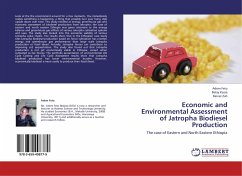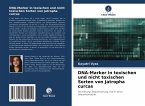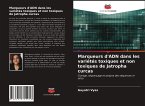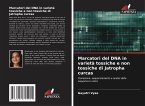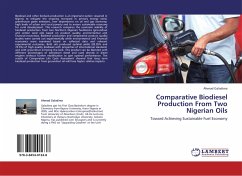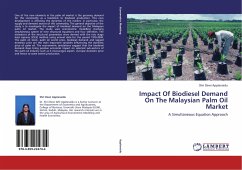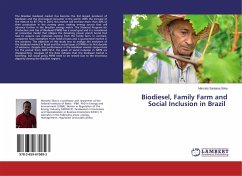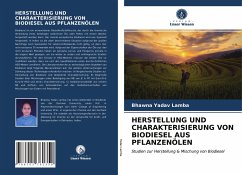Look at the the environment around for a few moments. You immediately realize something is happening, a thing that possibly turn your living style upside down over time. This study entitled as energy, greenhouse gas and economic assessment of biodiesel production from Jatropha: the case of eastern and north eastern Ethiopia was given attention to the energy balance and greenhouse gas effects of various Jatropha cultivation systems and uses. The study also looked into the economic viability of various Jatropha value chains. The results show that in the Ethiopian case study sites Jatropha biodiesel production based on fence cultivation has a better energy and greenhouse gas performance than large scale Jatropha production or fossil diesel. Actually, Jatropha fences can contribute to improving co2 sequestration. The study also found out that Jatropha production is not yet economically viable in Ethiopia, except when cultivated as live fences. The portfolio presentation of environmental Life Cycle Costing and Life Cycle Assessment results show that Jatropha biodiesel production has lower environmental burden. However, economically biodiesel is more costly to produce than fossil diesel.

